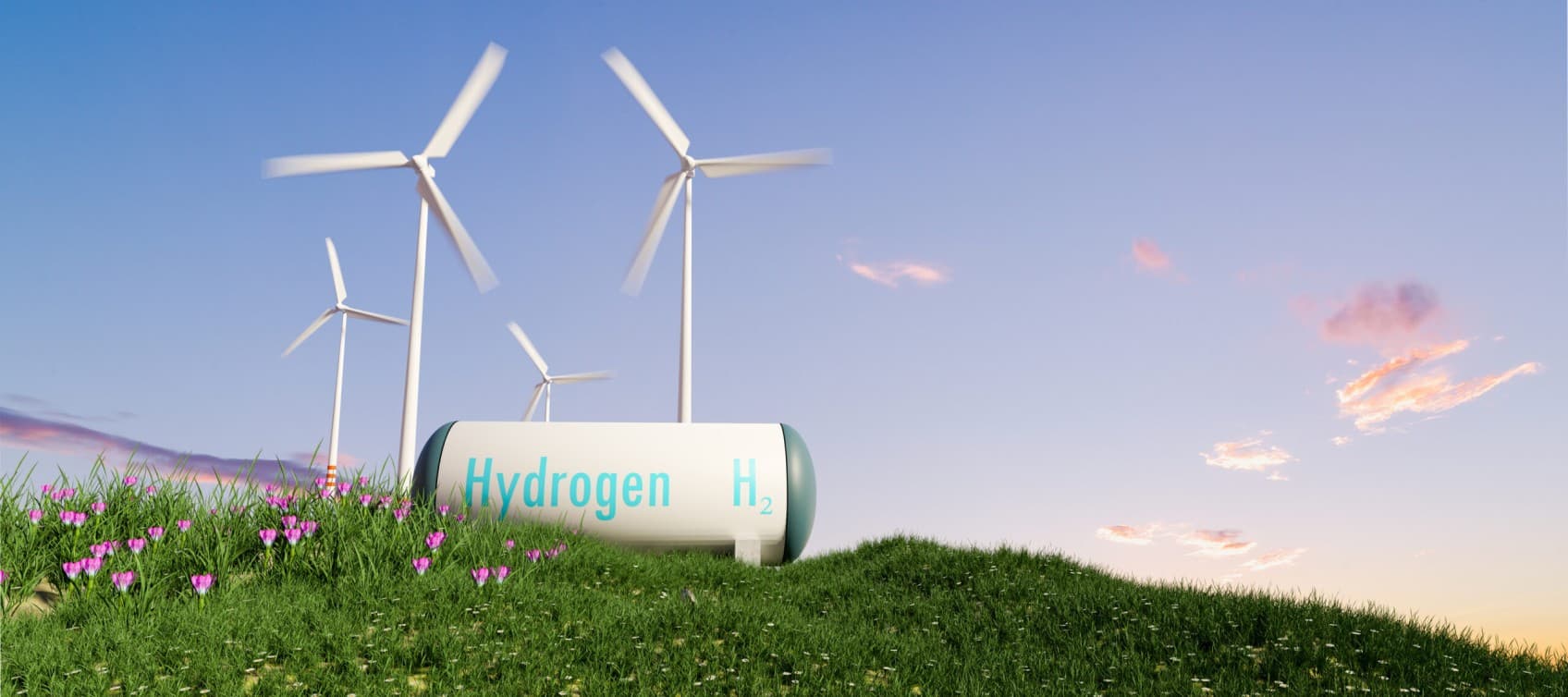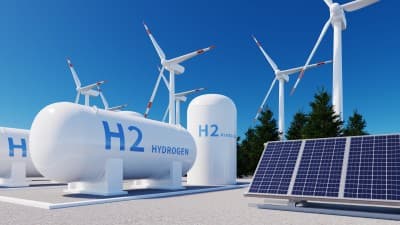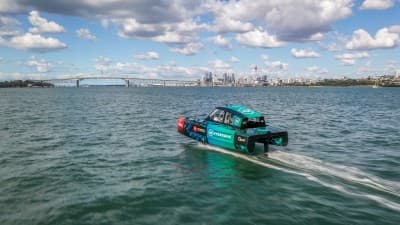As we head towards decarbonising our energy supply, New Zealand is investing heavily in generating more renewable energy. Luckily, here in Aotearoa we have the potential to produce as much energy as we consume. We are on our way to becoming energy self-sufficient – we’ll get closer to that goal as we begin to import less fossil fuel for transportation.
But other countries aren’t as fortunate. They will need to import renewable energy to decarbonise their economies and reduce their emissions. Could New Zealand have a part to play by exporting our excess renewable energy to other countries as green hydrogen?
Could we produce more renewable energy than we need?
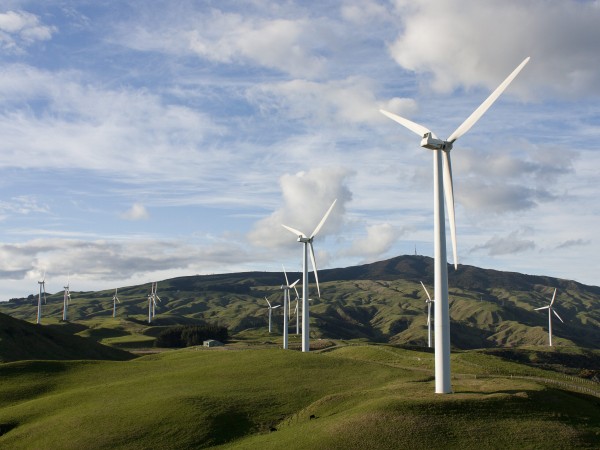
Source: iStock image used for illustrative purposes only. Not an actual representation of a Clarus business.
The goal for our electricity grid is to be 100% renewable by 2035, but there’s potential for the industry to go much further. Aotearoa has the potential to produce more renewable power than we need to consume locally – from hydro, geothermal, solar, and especially wind.
By the end of this year, New Zealand will have 19 onshore wind farms producing 1,045 megawatts, with another 2,200 megawatts in development. The potential for offshore wind is enormous: in Taranaki alone, if two promising sites were fully developed, these areas could deliver 12 GW and 2.4 GW respectively, and would double New Zealand’s current electricity supply.
Who would buy our renewable energy exports?
If the industry could convert this excess renewable power to green hydrogen and derivatives which can be stored and shipped, it’s possible New Zealand could export it to other countries that struggle to keep up with their internal demand for energy.
Japan, South Korea and Singapore, for instance, are nations with high energy demands but limited local generation capacity. That’s why they’re investing in renewable energy technology around the world, including in New Zealand. Halcyon Power, for example, is a green hydrogen project in Taupo – a joint venture between Tuaropaki Trust and Japan’s Obayashi Corporation. And in 2021, agreed to explore options with the New Zealand Government, following a similar agreement in 2019 with South Korea.
Australia is aiming for 700% renewables
It’s hard to know how much excess renewable energy New Zealand could produce, but it’s estimated that our potential hydrogen flow could be 700 kilotonnes per year by 2030, according to the International Energy Association. Of that, 60% would be consumed domestically, with the remaining 40% available to export. An export industry of that size could be hugely profitable and create thousands of jobs in the new energy sector.
Australia has even bigger ambitions, with its ‘Road to 700% renewables’ aiming to turn its economy into a global green energy powerhouse. Exporting excess renewables would “boost Australia’s economy, create tens of thousands of new jobs, while also lowering our own domestic carbon pollution,” according to a WWF report.
While New Zealand doesn’t have the same solar resource, our wind resource is outstanding and our smaller domestic market means Aotearoa could also export our renewable energy to the world via green hydrogen and derivatives.
Hydrogen projects are multiplying
The graphic below is from the New Zealand Hydrogen Council shows current hydrogen projects, demonstrating the huge volume of investment in our renewable energy economy. A variety of these projects would help Aotearoa generate more green energy and use it efficiently, as well as storing it for back-up power or for export.
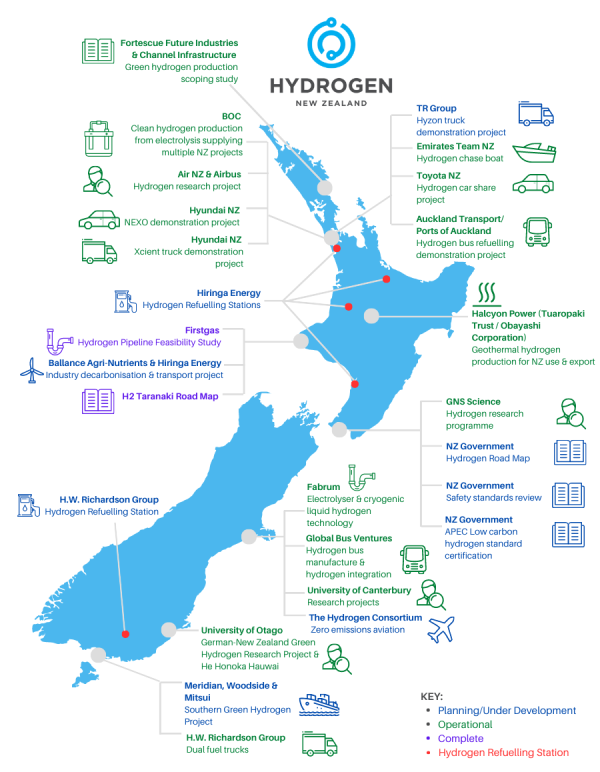
Firstgas has an important role to play in the new energy economy
With hydrogen being produced in various places around the country, turning into an export commodity will mean transporting and storing it at our ports. The research Firstgas has been doing on hydrogen storage, hydrogen transportation in our gas pipelines, and hydrogen use applications is one of the first steps in ensuring the essential infrastructure required for a hydrogen export industry is developed.
You can read more about Clarus (Formally Firstgas Group) is commitment to a net zero carbon emissions economy at gasischanging.co.nz

